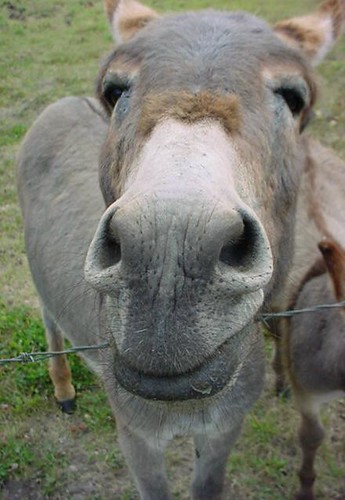Twittering about knowledge
I have been reading a lot more blogs lately. For one reason, I have been in one place for a week so have had a little more time to explore ideas. But the main reason is twitter. True, it gets a bit of time to get right who you are following. On the one hand you need to follow enough people to gain a range of ideas on what the community is saying – to follow the Zietgeist. On the other hand you want to get rid of those annoying people who twitter endlessly about nothing (one well known educationalist posted that the swimming pool in his hotel was closed for a second time in a week for a private reception and he was going to demand a discount on his bill – do I really want to know that?). This takes a little time in weeding and tweeking the list of people you are following.
But then twittier becomes a wonderful resource – not just of access to live feeds and events – but of recommendations of blogs and paper to read. And so far I have found it that – most of the things people recommend are worth reading. Much better than any of the repositories or collections. twitter seems to me another step towards a Personal Learning Environment. I make the choice who I am following – nobody else. And with Open Sourrce Identi.ca mini blogging service, it should be possible to develop organsiational networks or networks to support communities of practice for communciation and learning.
What would be cool though, is a way of harvesting the resources being recommended and somehow of classifying them. I have been messing around with using rss feeds from twitter search and that is proving quite useful but there must be better ways of doing it. Be nice if some of this stuff could somehow be displayed in a wiki.
The other feature which would be cool would be a Shoutout service. What is a Shoutout? It is when someobne says – “Does anyone know” or What do “People think about”. The results of the Shoutouts could be another very neat resource if they could be sensibly harvested.

